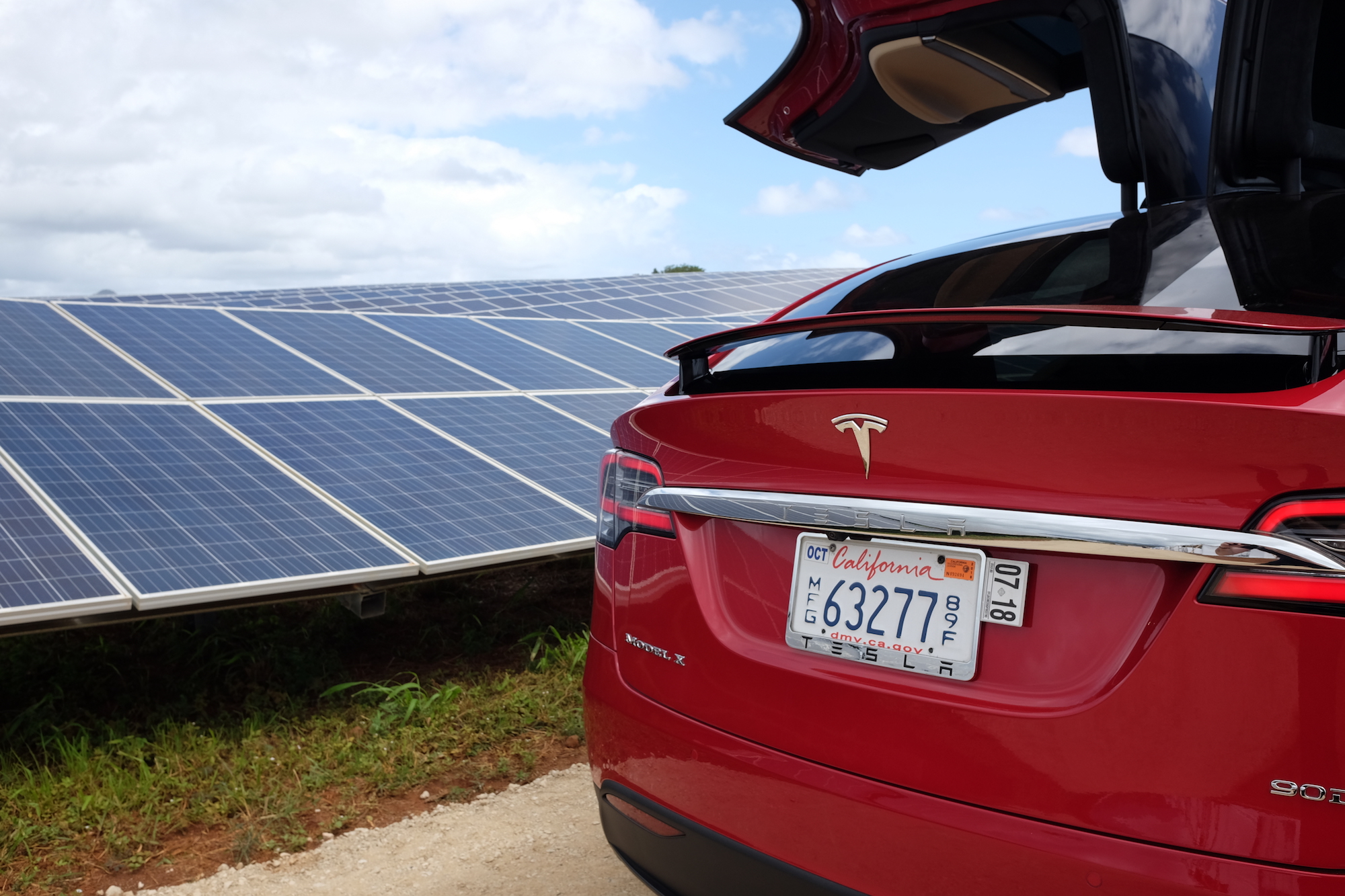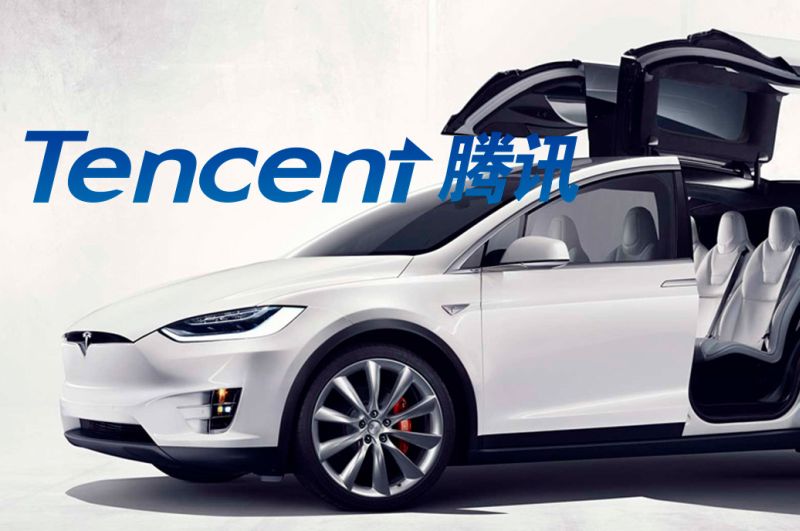Chinese internet giant Tencent buys 5% of Tesla

Tencent, Asia’s second highest valued tech firm, has bought a five percent share in Tesla. According to a filing, the Chinese firm scooped up 8,167,544 shares for around $1.7 billion to become one of Tesla’s largest shareholders.
The news itself sent Tesla’s share price up three percent in pre-market trading. The purchase was arranged on March 17, and those now-Tencent-owned shares are worth around $2.2 billion at current market value.
Tencent is a prolific investor. It holds equity in Snap, this year’s hot tech IPO, among others following an early investment. While that interest in messaging makes sense since Tencent’s operates China’s dominant chat app — WeChat — it isn’t immediately clear whether the Tesla investment has strategic undertones. An alliance with Tencent could significantly boost Tesla’s efforts in China, which is already impressive. Chinese sales accounted for 15 percent of Tesla’s $7 billion revenue last year.
Related investments in Tencent’s portfolio include electric car maker Nio, which just raised $600 million and was formerly known as NextEv, and Didi Chuxing, China’s largest taxi on-demand service, which is in the process of buying Uber China and recently launched a U.S.-based research lab.
Elon Musk: 20,57%
Fidelity: 13,34%”
Baillie Gifford & Co: 8,16%
T Rowe Price: 7,30%
TenCent: 5%


2019:
Tencent market cap: 376 billion USD
Tesla market cap: 76 billion USD
Tesla Needs Help in China The $1.8 billion stake that Tencent Holdings Ltd. has bought in Tesla Inc. should give some confidence to other investors, despite the carmaker’s ugly balance sheet. But it’s far more important for Tesla’s future prospects than for its current needs: Without it, the company could end up a global afterthought in the race to build the next wave of technologically sophisticated cars. That might seem surprising for a company that’s nearly synonymous with the future. But China, the world’s largest car market, isn’t about to cede its auto industry to foreign entrepreneurs. By partnering with… Read more »
特斯拉市值超福特 成美国第二大汽车公司
http://www.backchina.com/news/2017/04/04/485002.html
Tencent controls WeChat, the popular messaging service in China. It also reached a deal last year to take control of Supercell, the maker of the popular Clash of Clans game.
The same Chinese company that bought League of Legends a couple of years ago just became one of Tesla’s largest shareholders. According to a Securities and Exchange Commission filing dated March 24th, Tencent Holdings Ltd. has purchased a five percent stake in the company—8,167,544 shares to be exact. According to TechCrunch, the deal was arranged a week earlier, and Tencent paid $1.7 billion for the shares.